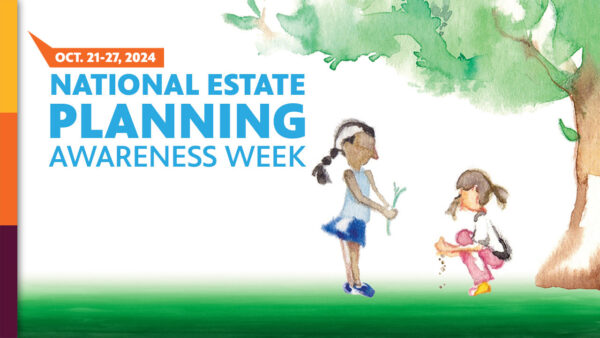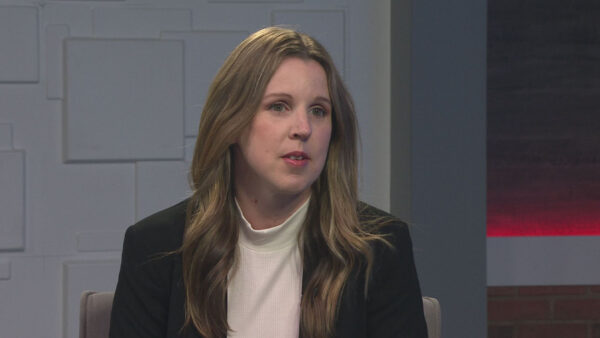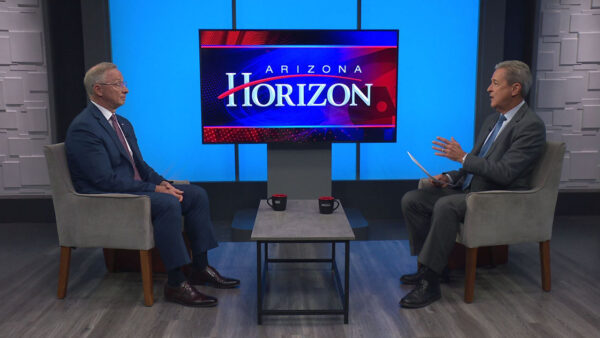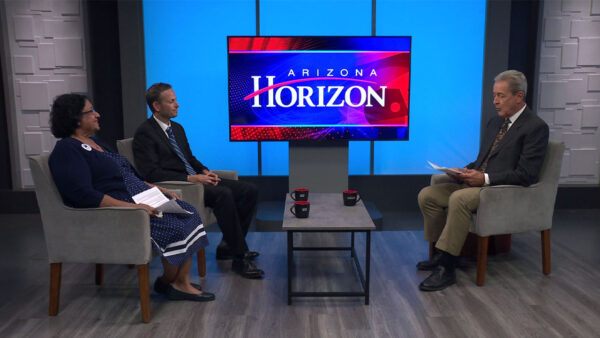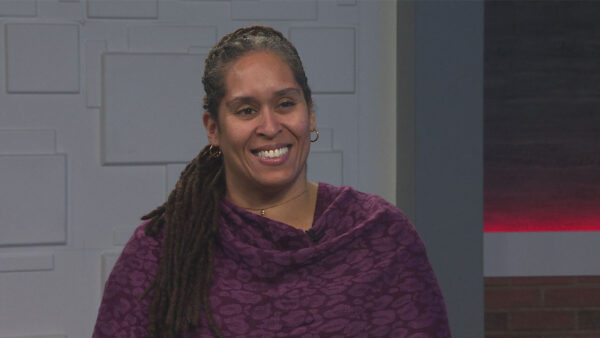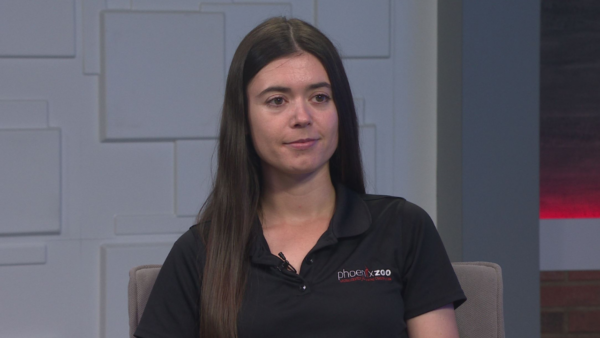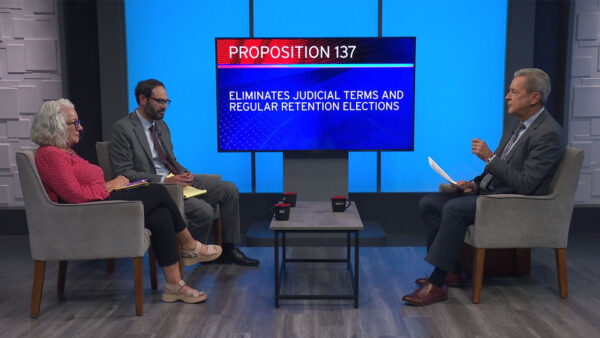How menopause symptoms impact women in the workplace
June 5, 2023
Menopause-related symptoms such as hot flashes, night sweats, mood changes, sleep disturbances, joint aches and cognitive difficulties damage the quality of life for millions of women. They also can adversely affect women in the workplace. A newly published Mayo Clinic study puts numbers on that cost: an estimated $1.8 billion in lost work time and $28 billion when medical expenses are added in the U.S. alone.
Menopause occurs at a mean age of about 52 years, and given that midlife women make up a sizable proportion of the global workforce, the impact of menopause symptoms is significant from worker absenteeism, productivity, increased direct and indirect medical costs as well as lost opportunities for career advancement. Arizona Horizon discussed these impacts with Dr. Juliana Kling, Professor of Medicine, Chair of the Division of Women’s Health Internal Medicine, Mayo Clinic Arizona.
“We don’t really talk about menopause. Menopause is experienced universally, meaning all women, if they live to be 51 or 52 which is the average age of menopause, will go through menopause where basically your period stops,” Dr. Kling said.
More than 5,000 women surveyed across four different Mayo Clinic sites were asked about their menopause symptoms and if they felt those symptoms negatively impacted their work life, Dr. Kling said.
“What we found were that about 13% of the women said yes they were having adverse work outcomes, like they were going to work late or not being able to stay because of their menopause symptoms,” Dr. Kling said.
According to the report, 11% of the women on average missed three work days over a year due to symptoms of menopause. Dr. Kling said this was the largest study to her knowledge correlating menopause symptoms and the impact of it in the work environment. Menopause is a topic that hasn’t received much attention and needs to be a priority, Dr. Kling said.
“And it’s not just a call for the workplace, but it’s also a call for women to recognize and validate the symptoms they are having, as well as clinicians, to know that this is really impacting women, and we could probably do a better job at meeting their needs so that they are not suffering as much,” Dr. Kling said.


